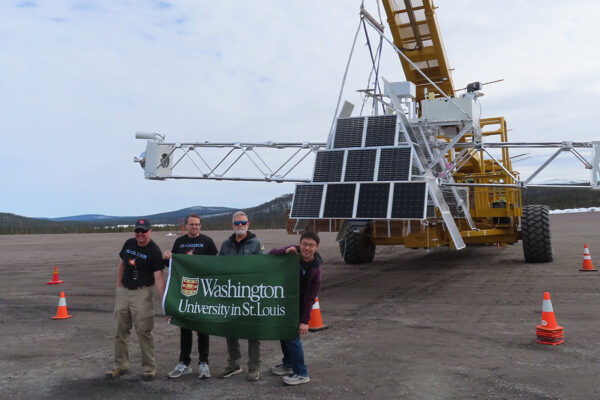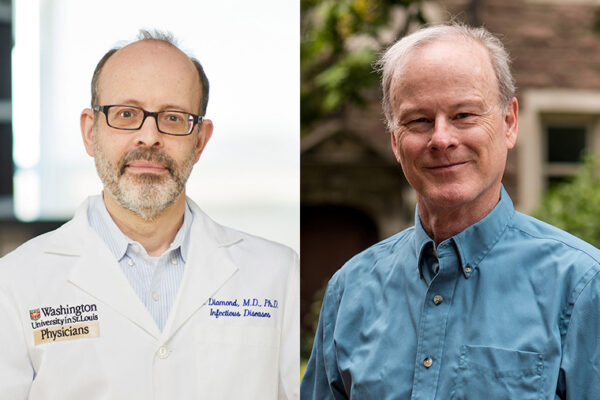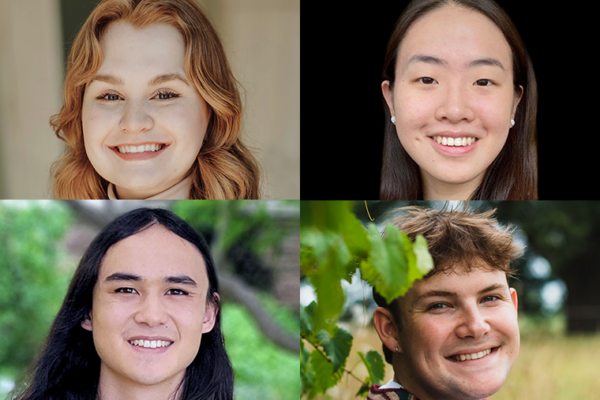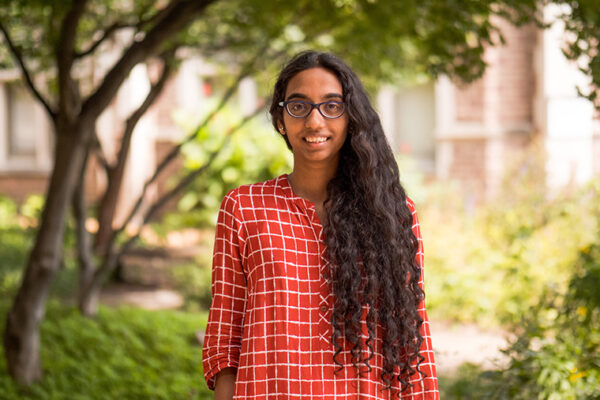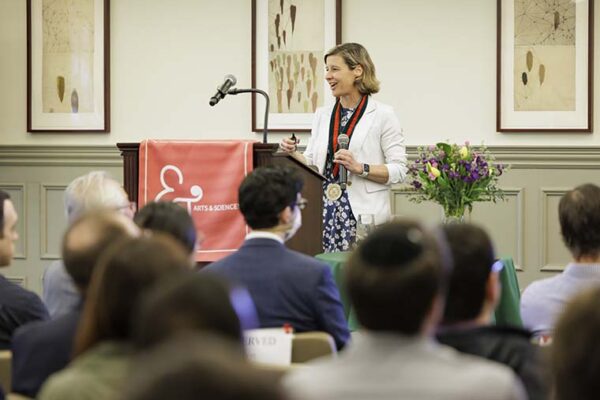XL-Calibur telescope set for balloon flight from Arctic Circle
Scientists from Washington University in St. Louis are preparing to launch a balloon-borne telescope to unlock the secrets of astrophysical black holes and neutron stars. The telescope known as XL-Calibur could be launched from Esrange Space Center in Sweden as early as Wednesday, May 29.
Helping qubits stay in sync
In a new paper in Physical Review Letters, Kater Murch in Arts & Sciences and his collaborators explore the effects of memory in quantum systems. View an illustrated video about the experiments and findings.
Peering into Pluto’s ocean
Graduate student Alex Nguyen in Arts & Sciences calculated the depth and density of the solar system’s most mysterious and remote body of water.
Chemo for glioblastoma enhanced by tapping into cell’s daily rhythms
A study from biologists and clinicians at Washington University in St. Louis reports that glioblastoma cells have built-in circadian rhythms that create better times of day for treatment.
Diamond, Queller elected to National Academy of Sciences
Washington University’s new National Academy of Sciences members are Michael S. Diamond, MD, PhD, the Herbert S. Gasser Professor of Medicine at the School of Medicine, and David C. Queller, the Spencer T. Olin Professor of Biology in Arts & Sciences.
Biology students win annual awards
Undergraduates Hannah Davis, Shelei Pan, Braxton Sizemore and Shan Wang were honored by the Department of Biology in Arts & Sciences at Washington University in St. Louis.
Biologists study trade-offs of microscopic predators
Being a predator has its own costs, and that’s as true for amoebae as it is for lions or wolves. Graduate student P.M. Shreenidhi joined David Queller and other Art & Sciences researchers to study the predatory nature of a particular soil-dwelling amoeba.
Class Acts: Avital Isakov
A 2023 Astronaut Scholar, Avital Isakov studies green energy solutions in Robert Wexler’s laboratory in the Department of Chemistry in Arts & Sciences and plans to pursue a PhD in computational and theoretical chemistry.
Heemstra installed as Charles Allen Thomas Professor in Chemistry
Jennifer Heemstra was installed as the Charles Allen Thomas Professor in Chemistry in Arts & Sciences at Washington University in St. Louis during a ceremony April 10 at the Whittemore House. Her lab is focused on harnessing the capabilities of proteins and nucleic acids to address unmet needs in biomedicine and the environment.
Astronomers share climate-friendly meeting solutions
Carbon emissions associated with air travel to professional conferences make up a sizable fraction of the emissions produced by researchers in academia. Andrea Gokus, a McDonnell Center postdoctoral fellow in Arts & Sciences, is advocating for astronomers and others to reduce those emissions.
View More Stories
